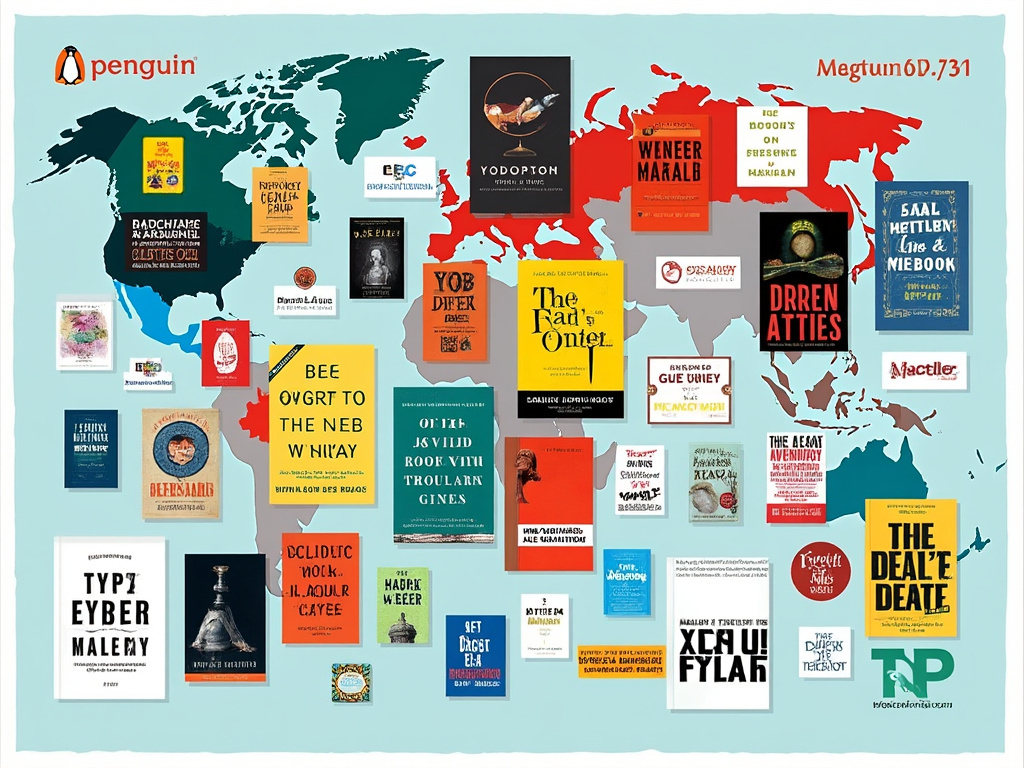What is AI Writing and How Does It Work?
AI Writing refers to the use of artificial intelligence to generate text-based content. Leveraging natural language processing (NLP) and machine learning, AI tools can craft blog posts, articles, marketing copy, and even books with remarkable accuracy. The increasing reliance on AI-generated content is revolutionizing how writers and businesses approach content creation.

How AI Writing Works
- Data Training – AI writing tools are trained on vast datasets, learning linguistic structures, tone, and context.
- Text Generation – Using advanced algorithms, AI tools analyze input prompts and create well-structured, coherent text.
- Optimization – Many AI-driven platforms integrate AI-powered content generation tools that refine drafts based on SEO best practices and readability scores.
AI writing solutions are becoming an essential part of the automated content creation industry, allowing users to scale their content efforts while maintaining quality.
The Benefits of AI Writing for Authors and Content Creators
- Efficiency and Speed
Artificial Intelligence Writing platforms can generate long-form content in minutes, helping authors and marketers save time. Instead of spending hours crafting an article, AI tools streamline the process, allowing creators to focus on refining their ideas.
- Cost-Effective Content Creation
Hiring professional writers can be expensive, but AI-generated content offers a more affordable alternative. Many AI platforms provide subscription-based pricing, making AI-powered content writing solutions accessible to small businesses and independent authors.
- Improved SEO Performance
AI writing tools analyze keyword trends and optimize content accordingly. They ensure seamless keyword integration, meta descriptions, and heading structures, helping content rank higher on search engines.
- Consistency in Tone and Style
For brands maintaining a consistent voice across multiple platforms, AI ensures uniformity. With machine learning capabilities, AI adapts to specific brand guidelines and writing styles, making it easier to create cohesive messaging.
- Content Personalization
AI can analyze audience preferences and tailor content accordingly. AI-driven content personalization ensures that articles, blogs, and marketing materials resonate with the target audience, increasing engagement and conversions.
Challenges and Limitations of AI Writing
Despite its advantages, AI writing comes with challenges:
- Lack of Human Creativity
AI-generated content can sometimes lack emotional depth and creative flair. While AI tools can mimic human writing, they struggle with nuanced storytelling, humor, and originality.
- Potential for Plagiarism
Since AI pulls from vast datasets, there’s a risk of generating text that closely resembles existing content. To avoid issues, users should use plagiarism detection tools to verify originality.
- Accuracy and Fact-Checking
AI can occasionally produce misleading or incorrect information. Writers must always verify AI-generated content before publication to ensure factual accuracy.
- Ethical Considerations
The rise of AI-generated content raises concerns about authenticity. Should readers be informed when content is AI-generated? Ethical guidelines for AI-assisted content creation are still evolving.
The Future AI-Powered Content Generation: Trends to Watch
- AI and Human Collaboration
Rather than replacing writers, AI is expected to work alongside humans, assisting with research, editing, and idea generation. Hybrid AI-human content creation models will become the norm.
- Advanced AI Storytelling
AI is improving at crafting compelling narratives. Future AI writing tools may offer more sophisticated storytelling capabilities, allowing authors to create immersive fiction and non-fiction works effortlessly.
- Voice and Conversational AI
With advancements in AI-powered voice content generation, AI will become an essential tool for creating conversational and interactive content, enhancing user experience in chatbots, audiobooks, and voice assistants.
- AI-Powered Editing and Proofreading
AI will continue to refine its editing capabilities, offering better grammar suggestions, tone adjustments, and AI-assisted content enhancement for writers seeking polished final drafts.
Should Authors and Content Creators Use AI Writing?
For authors, bloggers, and businesses, AI writing offers an invaluable resource for scaling content production. While AI should not replace human creativity, it serves as a powerful assistant, optimizing workflows and improving efficiency.
How to Get Started with AI Writing
- Choose the Right AI Writing Tool – Platforms like Jasper, Writesonic, and ChatGPT provide AI-driven content generation features.
- Set Clear Guidelines – Customize AI-generated content to align with your voice and audience.
- Review and Edit – Always proofread AI-written content to maintain authenticity and factual accuracy.
- Experiment with AI for Different Content Types – Test AI-generated blog posts, social media captions, and email marketing copy to maximize its potential.
Final Thoughts
AI-Powered Content Generation is transforming the way content is created, offering efficiency, scalability, and SEO benefits. While AI tools provide an excellent starting point, human creativity remains irreplaceable. Writers and businesses that embrace AI responsibly will stay ahead in the evolving digital landscape.
Are you ready to explore Artificial Intelligence Writing? Share your thoughts in the comments below and let us know how AI is shaping your content creation journey!







